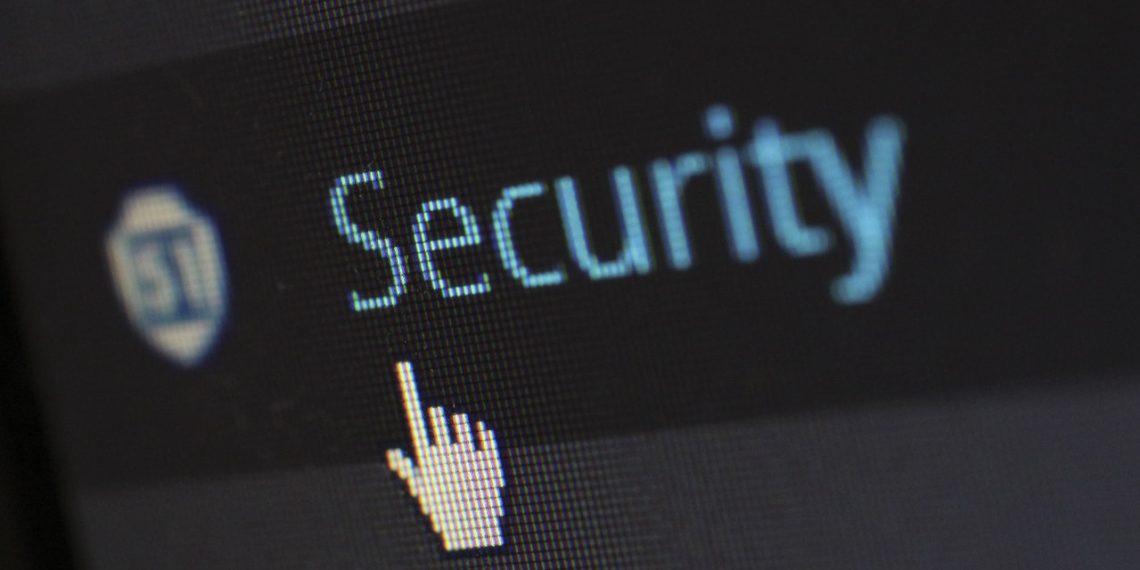Automating your home might be the best decision that you’ve ever made.
When you wake up to work, a cup of freshly brewed coffee is already waiting for you.
The lights turn on when you’re entering a room, and they turn off when you leave. There’s no more getting angry about a forgotten light switch.
You can use your phone to turn on the AC on your way home from work.
When you arrive, a simple click of a button opens your garage door, you park, and go inside.
Even if you forget to close the garage door, you can recheck your phone and see whether it’s closed or not.
If you have kids, you can set up cameras to see what they’re doing and whether everything is okay.
However, even though smart homes are at the peak of advanced IoT technology, they can be hacked easily.
You don’t want a hacker to access the camera inside your living room.
Contents
Is Your Home in Danger?
A fully connected home can become exposed to many security threats. It depends on several factors.
If you ordered your baby cam from AliExpress or Alibaba, there’s a high chance that it’s not secure.
Most IoT devices only focus on mass production without paying attention to security. Some manuals don’t give you any security information.
There have been multiple examples where security cameras have been hacked.
This means that hackers and criminals can snoop inside your home without being there.
They can also know when the property is vacant to steal your belongings.
Experts say that IoT devices have little to no protection, making them extremely vulnerable.
Most of the time, your entire network is controlled by a single account. If you don’t have a strong password on your router, it’s easy to breach.
It’s even easier if you leave it public. That’s just begging to be hacked.
How Can Hackers Harm?
All it takes for a hacker to strike is an IP address or a password.
Leaving any of these two pieces of information out in the open can compromise your entire digital presence.
Your smart home automation system will be the last of your worries if that happens.
The hacker can enter your social media accounts, read your emails, and drain your entire bank account.
Most people use their smartphones to control their homes.
You might be out to grab a cup of coffee and decide to connect to the public Wi-Fi and see whether your kids are sleeping or playing.
The second you connect to the network, another pair of eyes starts watching through the camera.
After a few weeks of observing your behavior patterns, your home gets broken into, and all of your valuables got stolen.
Since you gave them everything they needed, the thieves knew exactly where to look.
How Do You Stay Safe?
Using a VPN makes the difference between enjoying an automated lifestyle and a burglary.
VPN or a virtual private network, which masks the IP addresses of the connected devices.
Imagine you go out to the club, and a person randomly starts talking to you.
Instead of telling them your real name, you give them a fake one and a different number.
They can try as hard as possible to find you when they get home, but they won’t succeed.
VPNs work in the same way, and the hackers won’t be able to target any of your smart devices.
Most services allow up to six devices to be connected. Usually, people have less than five IoT devices, making them a perfect solution.
Don’t Make These Mistakes
You can have all of the protection in the world, but if you use “password” as your password, then all will be in vain.
One of the newest trends is to use a passphrase on your main router and device.
It’s much longer than a regular password, and it’s easier to remember. The longer the phrase is, the harder it is to breach.
Plus, changing it every couple of months increases your security.
Always buy IoT devices from reputable companies. It’s easy to fall for a deal that sells you a security camera for less than ten bucks.
The cheaper it is, the more likely the manufacturer will use your personal data.
Plenty of devices have voice commands and make sure to turn them off to ensure your conversations aren’t transmitted to another place.
Finally, remember to update the software. Set it up automatically. If there isn’t an automatic option, connect the devices to your PC manually.
Attackers always exploit older patches, and updates will keep you secure.









